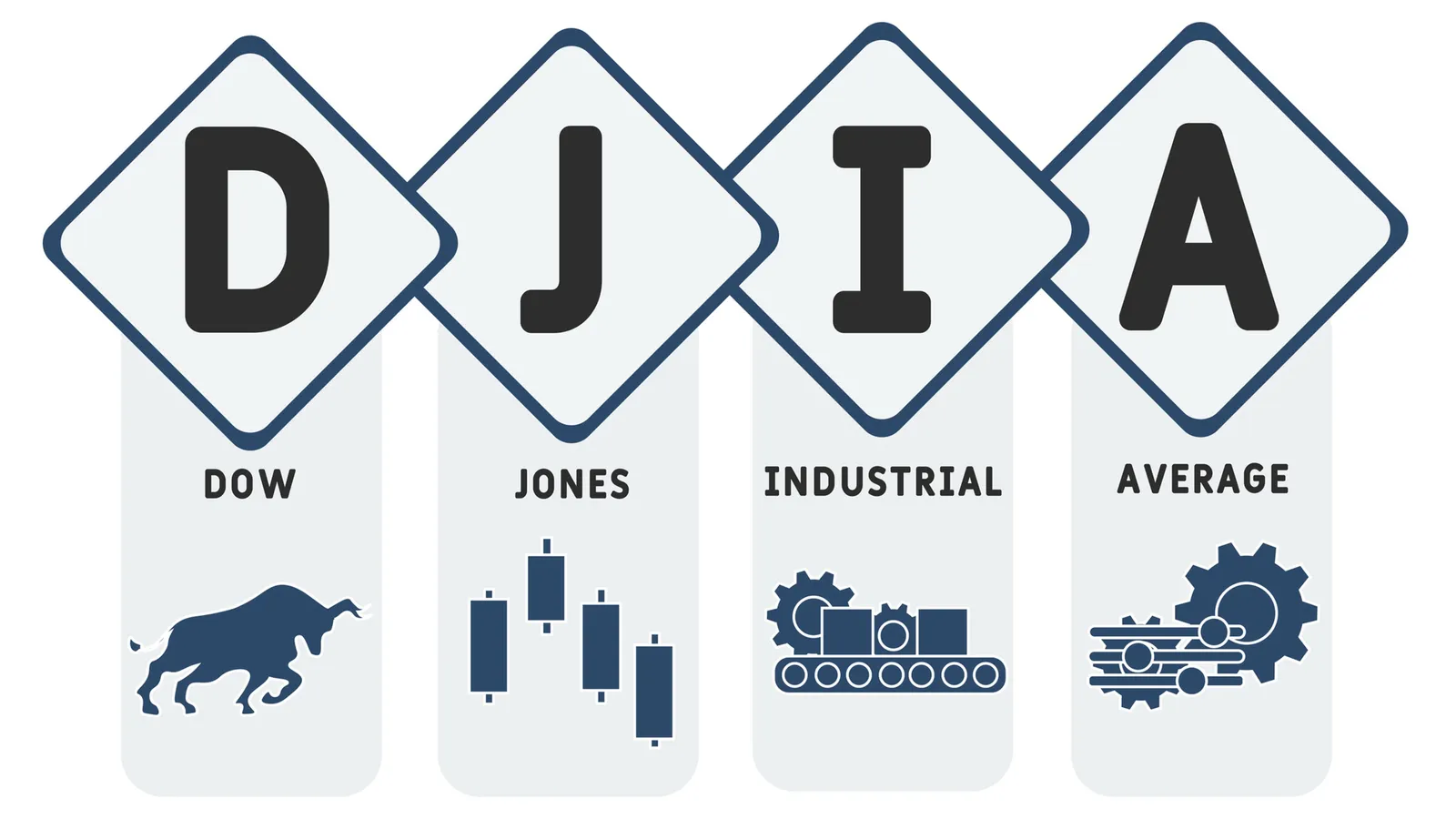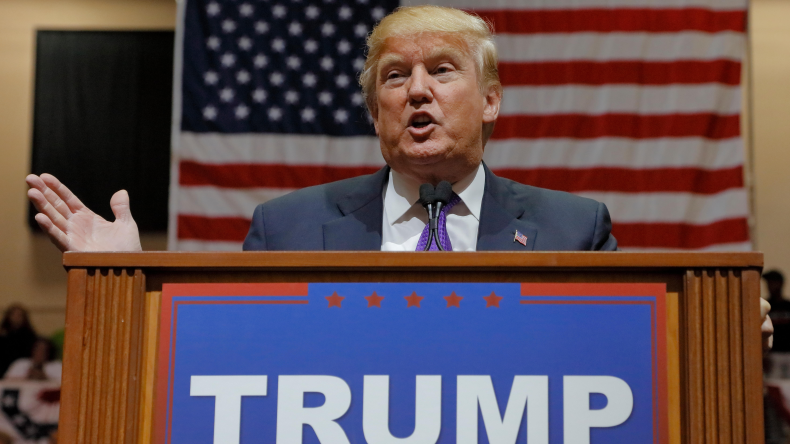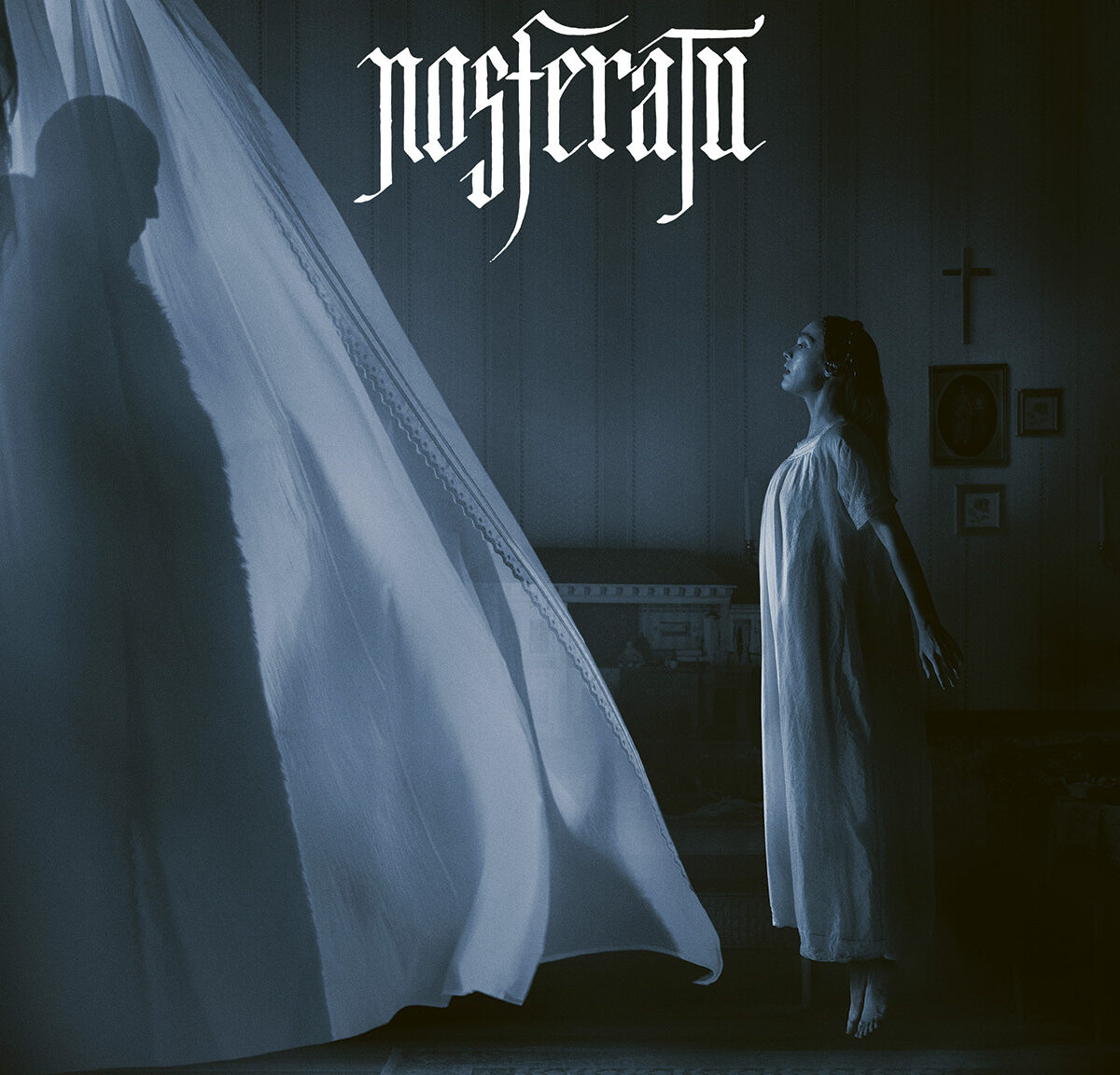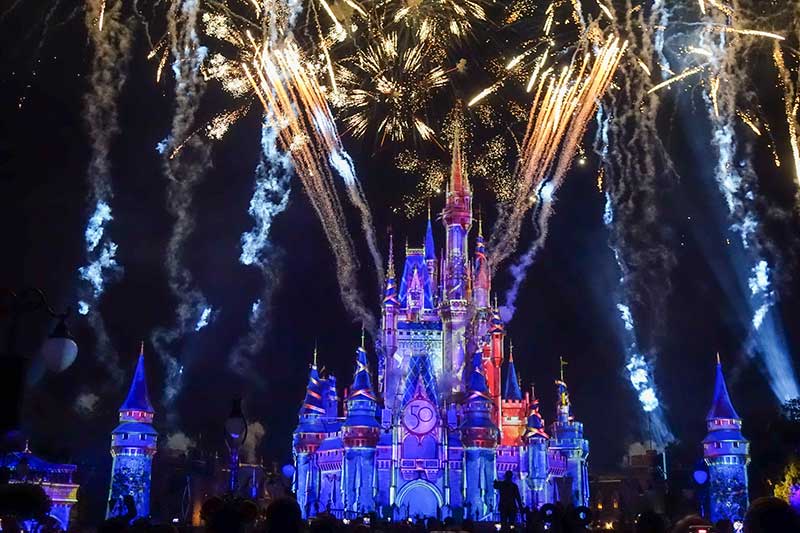Photos: Twitter
Minnesota Congresswoman Ilhan Omar, a survivor of war, says we need to speak the truth and be fair about the Israeli Palestinian problem.
Thursday was Eid, the final day of Ramadan and one of the most joyous days in the Muslim calendar. I would have loved to spend the day with my family — but I owed it to the families whose children were taken from them because of the violence in Palestine to speak out about this conflict on the House floor.
As someone who has experienced war firsthand, I have a deep understanding of the suffering that comes along with it.
I lived through a violent civil war that destroyed my own home, ripped my family apart from each other, and killed many of my closest friends.
I can still remember, hiding under the bed, hearing bombs go off outside my window, wondering if we were going to be hit next — at just eight years old.
It is trauma I will live with for the rest of my life.
So I understand, on a deeply human level, the pain and the anguish families are feeling in Palestine — and in Israel — at this moment. And the helplessness people feel here in the United States who have family in the region, including many of the people I represent.
And it is for this reason that I abhor violence. Whether rocket attacks or air strikes, violence does nothing to make people more secure. It only furthers the interests of the powerful while costing lives, futures, and families.
But we must speak out truthfully and forcefully about the seeds of this conflict and what is happening right now.
And the truth is that this is not a conflict between two states. It is not a civil war. It is a conflict where one country, funded and supported by the United States government, continues an illegal military occupation over another group of people.
This week, Israeli authorities were planning more forced displacement in Sheikh Jarrah, a Palestinian neighborhood in East Jerusalem — home to Palestinian refugees who had already been displaced.
Last Thursday, settlers began harassing and attacking Palestinians who were breaking their Ramadan fast during a protest vigil in Sheikh Jarrah.
Then on the last Friday of the holy month of Ramadan, Israeli military police stormed the al-Aqsa mosque, one of the holiest sites in Islam, firing stun grenades, tear gas, and rubber bullets. Over 300 people were injured, 200 of whom were hospitalized.
What happened next is well known: Hamas fired rockets into Israel, which took the lives of six Israelis. And the Israeli military launched air strikes into Gaza, targeting civilian buildings, which have already killed 69 people, including 16 children.
Let me be clear: every single death in this conflict is a tragedy. Every rocket and bomb that targets civilians is a war crime.
I feel the pain of every child who is forced to hide under their bed because they fear for their life, and every parent who deals with that anguish.
And I wish we as a nation treated that pain equally. But right now we are not.
Instead of condemning blatant crimes against humanity and human rights abuses, many members of Congress have instead fallen back on blanket statements defending Israel’s air strikes against civilians under the guise of “self-defense” without even a mention of the children killed, much less what happened at al-Aqsa or in Sheikh Jarrah.
When the 15-member United Nations Security Council proposed a resolution this week calling on the Israeli government to cease settlement activities and demolitions and evictions, and urging general restraint, the United States reportedly blocked it from happening.
And to this day we as members of Congress have not yet had a hearing or briefing on this conflict, or gotten answers on whether our own weaponry or money is being used to commit human rights abuses.
So I stood on the House floor to stand for our common humanity. To say that every child deserves to live a life free of violence and oppression, and advocates for their humanity, safety, and security.
It should not be controversial to say the same of Palestinian children.








